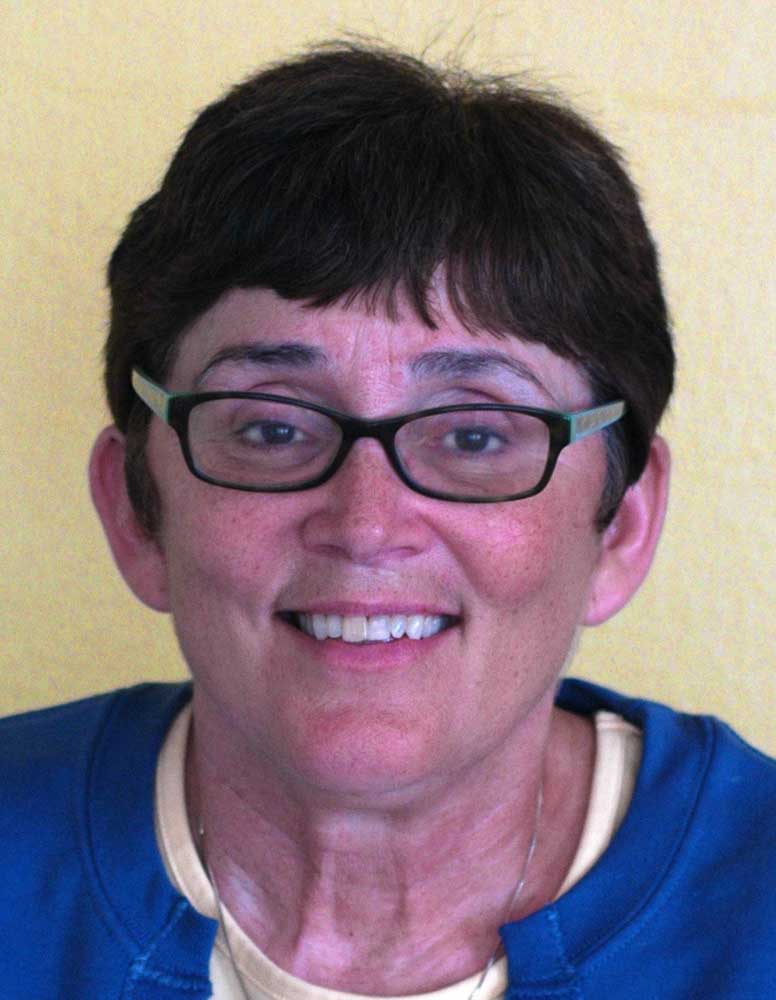Joan Herman
Published 8:00 pm Thursday, September 27, 2018

- Joan Herman
Candidate for Astoria City Council, Ward 3.
Salem native and off-and-on Astoria resident since 1986. Graduate of South Salem High School, 1977. BA, MA, English, University of Oregon. Newspaper reporter (1984-1990), including at The Daily Astorian. Co-founder/co-manager Bikes & Beyond, 1988-2002. Adjunct instructor of English, Clatsop Community College, 1998-2002. Instructor of English, Lower Columbia College, Longview, 2004-2014, serving as chairperson of the Language & Literature Department, 2011-2014. Former long-distance cyclist who completed three Cycle Oregons and two one-day Seattle to Portland bike rides. Married to John Gaasland.
Astoria Planning Commission 11/2017 to present. President, Tillicum Foundation Board of Directors, 11/17 to present. Volunteer receptionist and radio programmer, Coast Community Radio, 2016 to present. Astoria Library Friends Association board, 2017 to present. Lower Columbia Diversity Coalition steering committee, 2017 to present. Indivisible North Coast Oregon, 2017 to present.
I am running for Astoria City Council because I love this community and want to work to ensure that as the town inevitably grows and changes, we preserve what makes our home so uniquely Astoria — its historic character, its eclectic and charming mix of architecture, its vibrant, locally owned business and arts community, and its tremendous natural beauty.
Astoria is at a turning point. The once-sleepy town has been discovered, and we risk losing our connection to the river to multi-story hotels built by out-of-town developers whose primary interest is the bottom line and not what is best for Astoria.
Our community is also in danger of becoming a place only the well-to-do can afford to live. Service workers on whom the tourism industry depends either cannot find a residence or cannot find an affordable one.
Protecting the town we love for permanent residents will in turn keep it a desirable place for tourists. This does not mean no development, no change. It does mean development that is sensitive to and reflects our history as a working waterfront town where individuals and families of all income levels can flourish.
Below are some of the ways I would make a difference as your city councilor:
Siting affordable housing: Our community lacks workforce housing, particularly for anyone earning at or below the median income — in other words, service workers who support the tourism industry, an important part of our local economy. A county-wide housing study will be released later this fall, and the City Council, working closely with other local governments, should strategize places to site and attract affordable housing. The City Council should also prioritize clamping down on illegal vacation rentals — rentals of entire homes — as well as unlicensed Airbnb-type lodgings.
Preserving waterfront access and views: U.S. Highway 101/30 is gridlocked in the summer. Service industry employers cannot fill job openings, and their workers have trouble finding affordable places to live. Astoria does not need more multi-story waterfront hotels. Therefore, zoning should be changed to restrict future hotels, protecting views and quality of life for residents and tourists alike.
Remodeling the 51-year-old library: As an Astor Library patron, I can attest to how well-loved and used the library is. Yet much of it is not physically accessible for many patrons. City Council must support having a 21st-century, accessible library even if the city doesn’t seek a bond measure to do this. Council must back the Library Foundation’s efforts to raise $3.5 million.
Addressing homelessness: Just as there is not one cause of homelessness, there is not one solution. The city must continue to partner with local organizations and agencies to tackle this growing, complex problem in our community.
Transforming the “Big Hole” on Duane Street: The crater is an eyesore in the heart of downtown. The council needs to decide what should go there and then work to make that happen.
Planning for disasters: The city must be proactive in planning for a major disaster within our community by partnering with disaster preparedness experts and conducting ongoing education efforts for residents.




